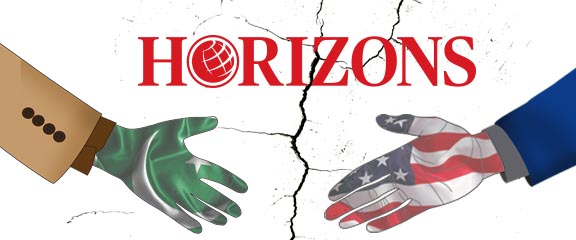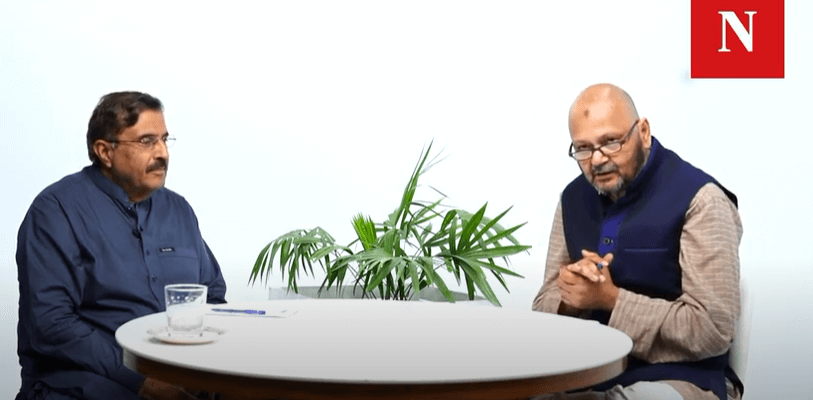How ironic that within a week of abandoning the project to “emancipate” Afghan women, the Biden Administration faced another defeat: the Texas Supreme Court banned abortion six weeks into pregnancy.
The Chair of the Feminist Majority Foundation’s Campaign for Afghan Women and Girls, Mavis Nicholson Leno, launched the Campaign to Stop Gender Apartheid in Afghanistan in 1997. Her testimony on human rights for women in Afghanistan over the years included many appearances on TV and in public forums, where she continued to plead with the United States and the United Nations to desist from recognising the Taliban government, and to help restore women’s human rights in Afghanistan.
Fast forward four years: in response to the 9/11 attacks, the United States sent occupying forces and an arsenal to Afghanistan at unprecedented expense. Their European allies followed suit. A few years after the invasion, American-elected officials and diplomats began to speak of turning Afghanistan into a post-war Japan or Germany. However, after occupying the nation for almost two decades, the occupying foreign forces failed to restore the Afghan economy, much less turn Afghanistan into a country comparable to the success story that post-war Japan and Germany evolved into. The Taliban, did however, inherit the huge, state-of-the-art arsenal the US was compelled to leave when it hurriedly pulled out.
Baktash Ahadi, a former combat translator who fought with US and Afghan troops, wrote in The Washington Post that, compared to the US and its allies, the overwhelming majority of Afghans have always seen the Taliban as the lesser of two evils. That must have come as a surprise to most people in the United States and other NATO nations, who claimed the US-led troops were “angels,” never mind the calamitous situation they have left in Afghanistan.
Over the last two decades, the United States military spent nearly $5.8 trillion in current currency. A 2011 Harvard study projected that war-related medical bills and disability payments would reach more than $2.2 trillion by 2050. By that time, the estimated overall cost of fighting over the past two decades will be $8 trillion. The numbers above also include the $704 million awarded to families of American service soldiers killed in action, injured civilians and the
relatives of those murdered.
According to the Watson Institute, approximately 47,000 Afghan civilians lost their lives, and over 75,000 were wounded during the American occupation. The US Special Inspector General for Afghanistan Reconstruction admits these figures are “likely substantial underestimations.” Nearly 70,000 Afghan military and police officers were killed, as were 50,000 Taliban and other resistance militants, over 2,400 US servicemen, and about 4,000 US contractors. Counting journalists, humanitarian workers, and NATO troops slain, the wages of war, occupation and resistance rendered at least 170,000 people dead in the past two decades.
The argument over whether the war and the chaotic military withdrawal were a colossal disaster or an “amazing success” will almost certainly continue. There is genuine concern whether a Taliban-led alliance can live up to the aspirations of the Afghan people and the international community, despite the Taliban’s pledge.
Instead of making it more difficult for the new administration to operate, the international community should address the humanitarian situation and facilitate the reconstruction of the Afghan economy.
With Kabul under the Taliban government and Beijing ready to step up its game in this region, it bodes well for the Belt and Road Initiative. The Taliban will hopefully not allow any force to use Afghan territory to compromise China’s interests. Cooperation under the Belt and Road Initiative is beneficial to Afghanistan and the region’s growth and prosperity. Afghanistan, it is anticipated, will enthusiastically embrace and participate in the Belt and Road Initiative. Rafia Zakaria, author of Against White Feminism, skilfully argues that US authorities exploited the Afghan women’s suffering to justify the 2001 invasion and subsequent occupation. In Afghanistan, feminism has been delegitimised since it is linked with an invading force. Now it is up to the Afghan women to pick up the pieces and cope with the Taliban with no external support.
While the quixotic President Joe Biden continues to claim “extraordinary success” in Afghanistan, the cold, harsh reality on the ground tells another story.

Editor, Narratives



